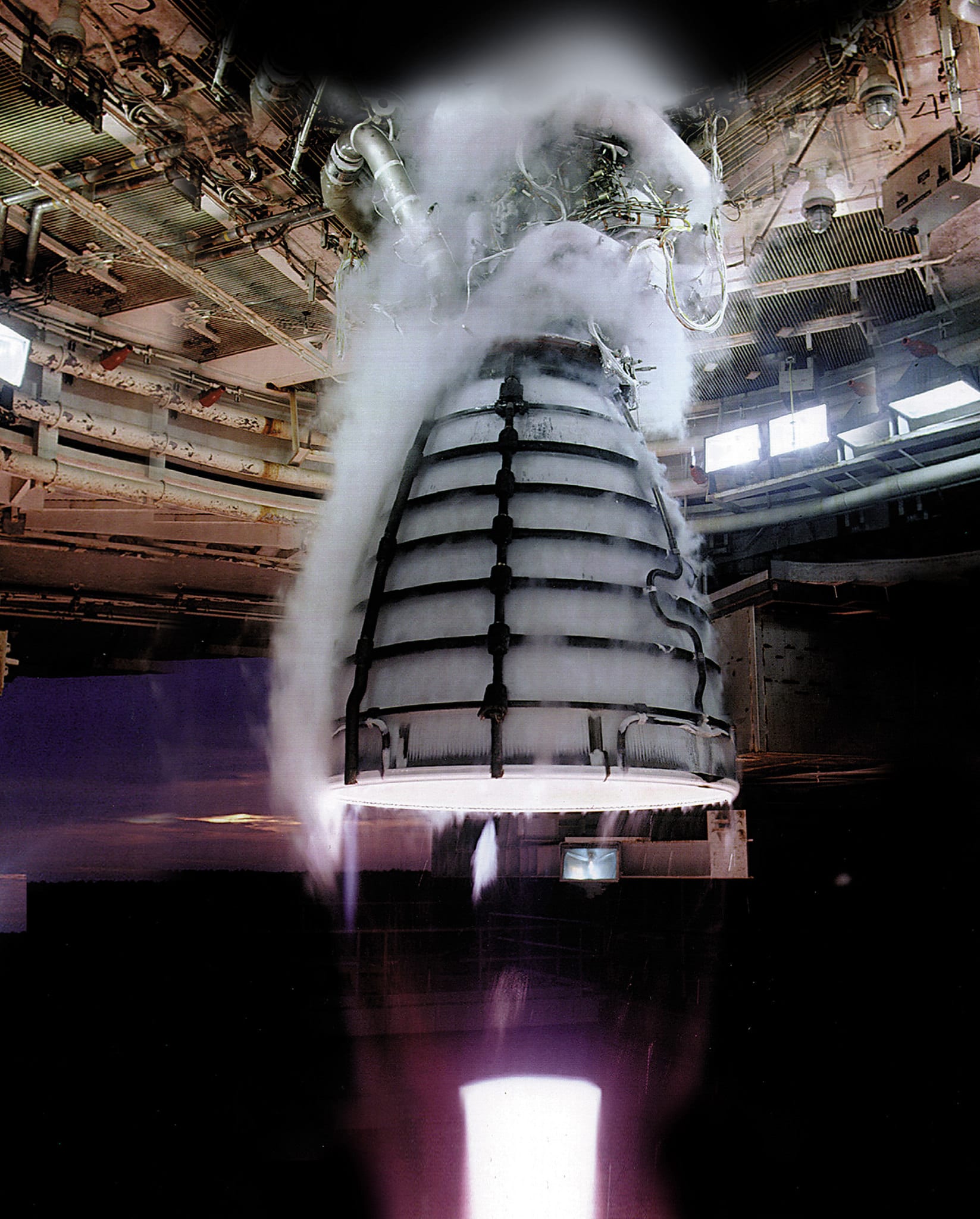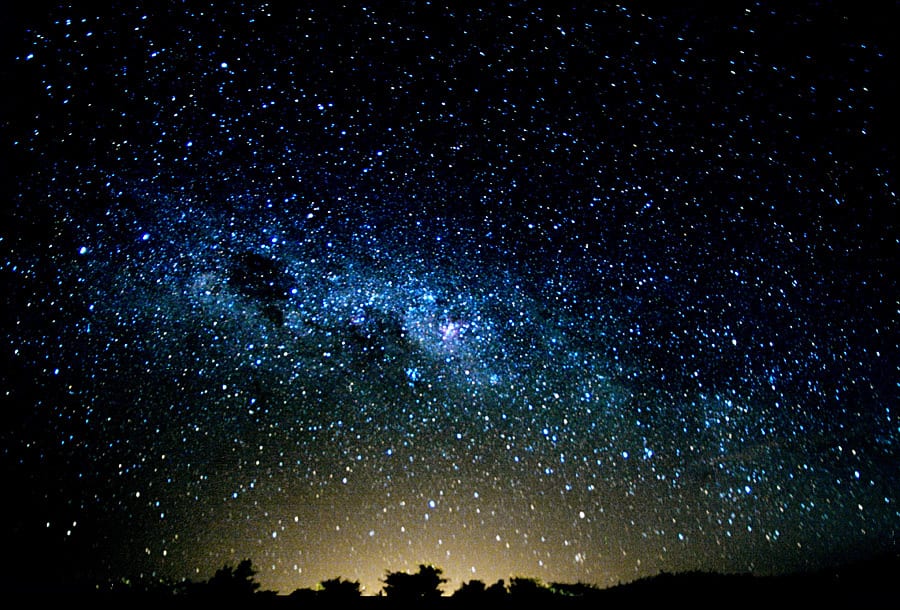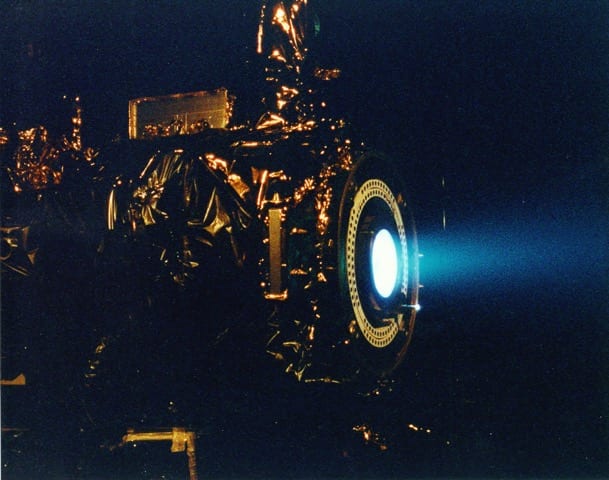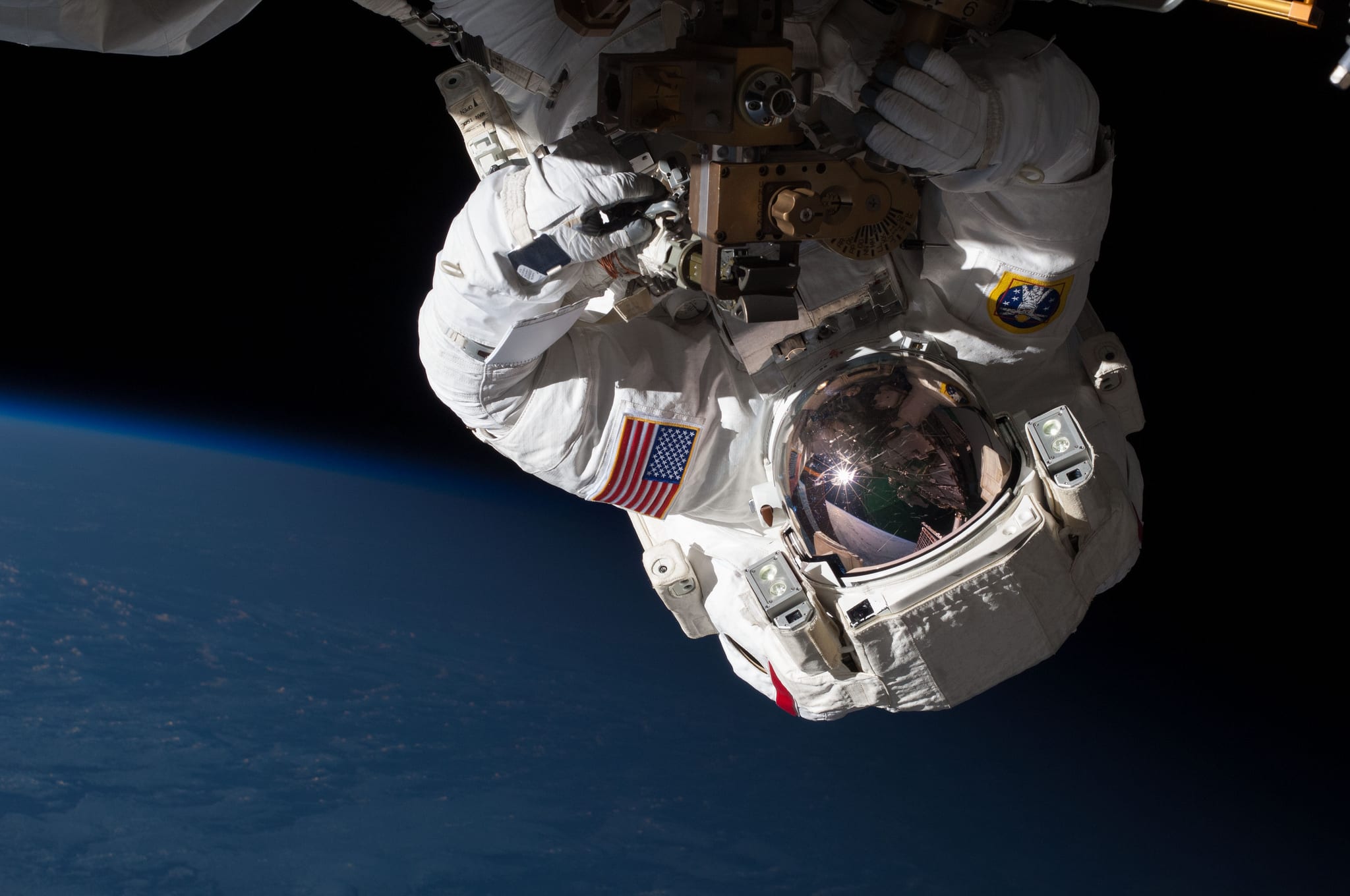
ER = EPR
Einstein is known for reshaping our conception of space and time and showing that this involved a re-imagining of gravity. This set the stage for the field of General Relativity, a field of physics that is still vigorously researched today. This only scratches the surface as to his contributions. He, for example, was the first







